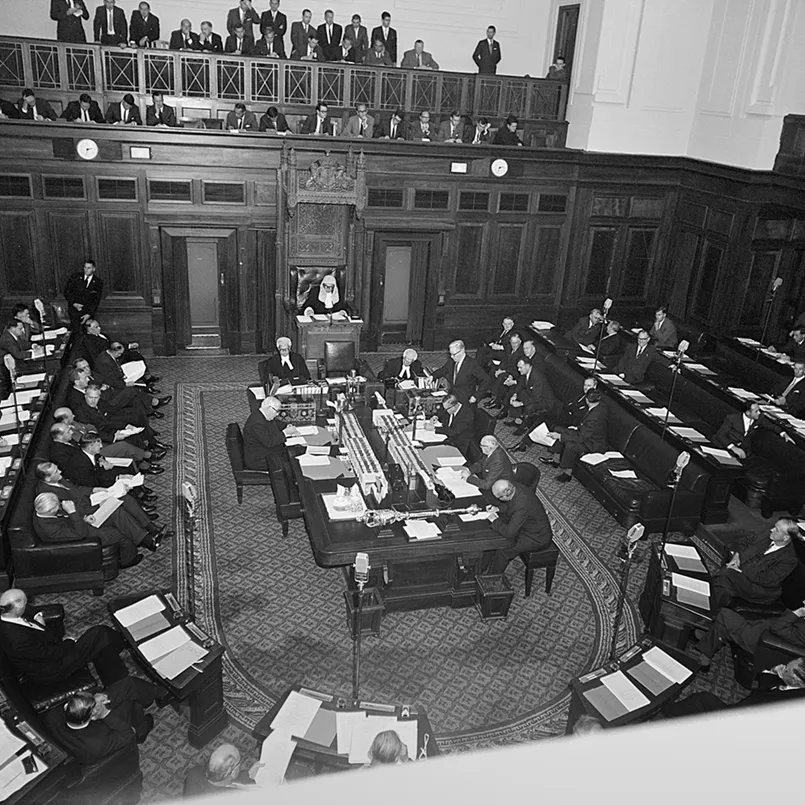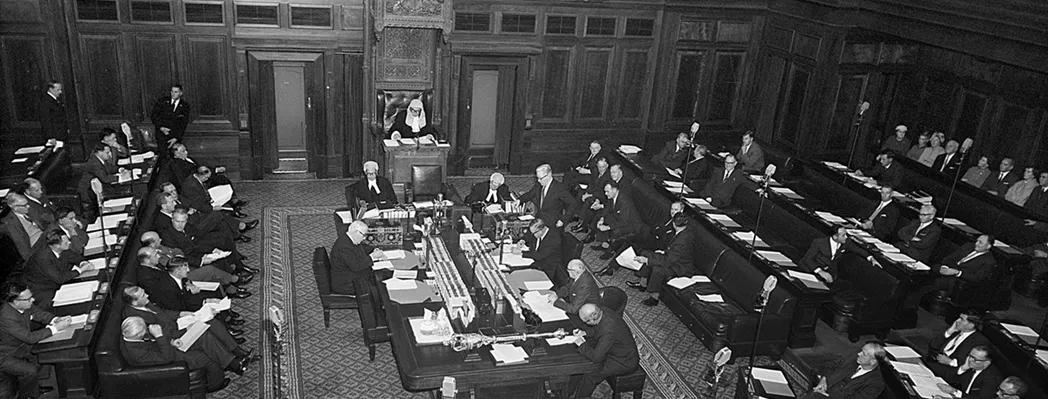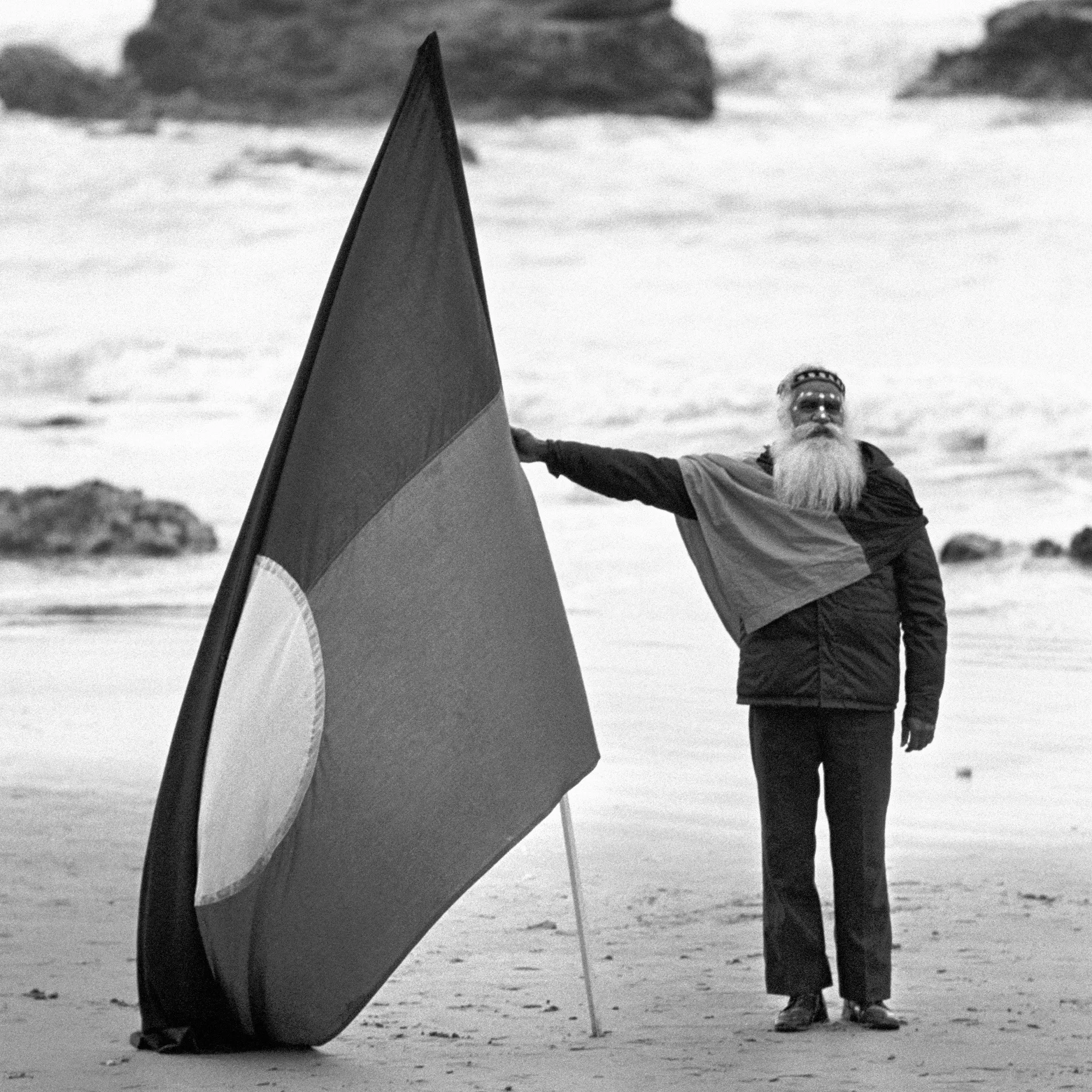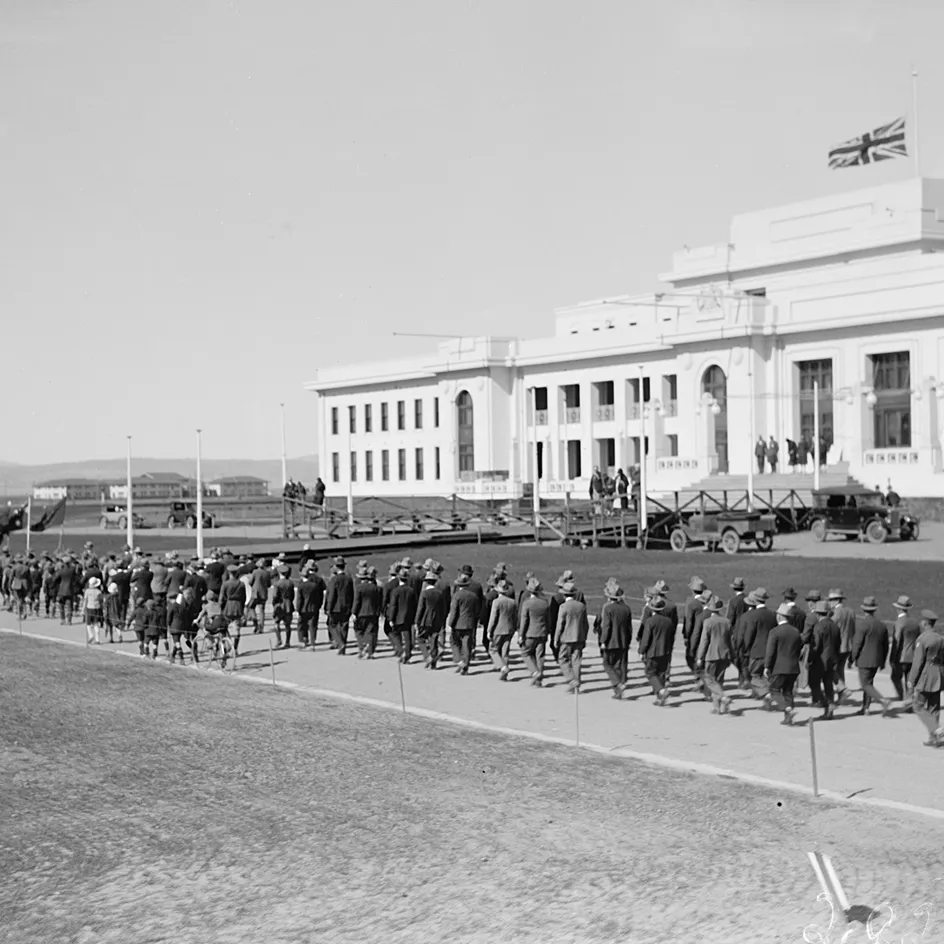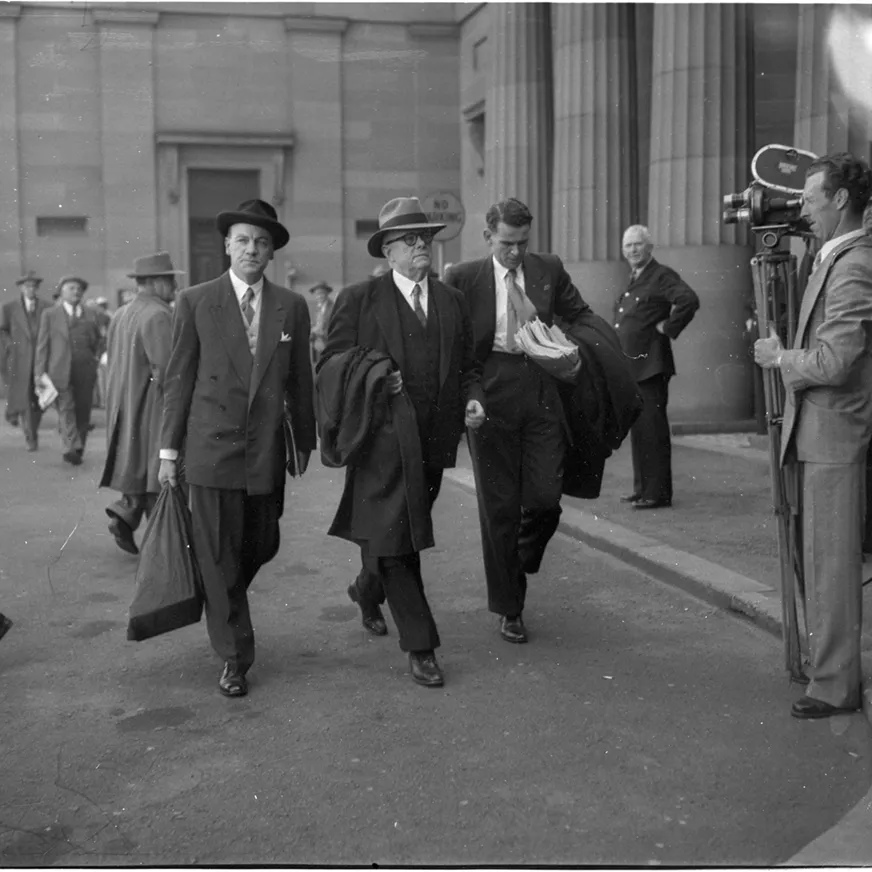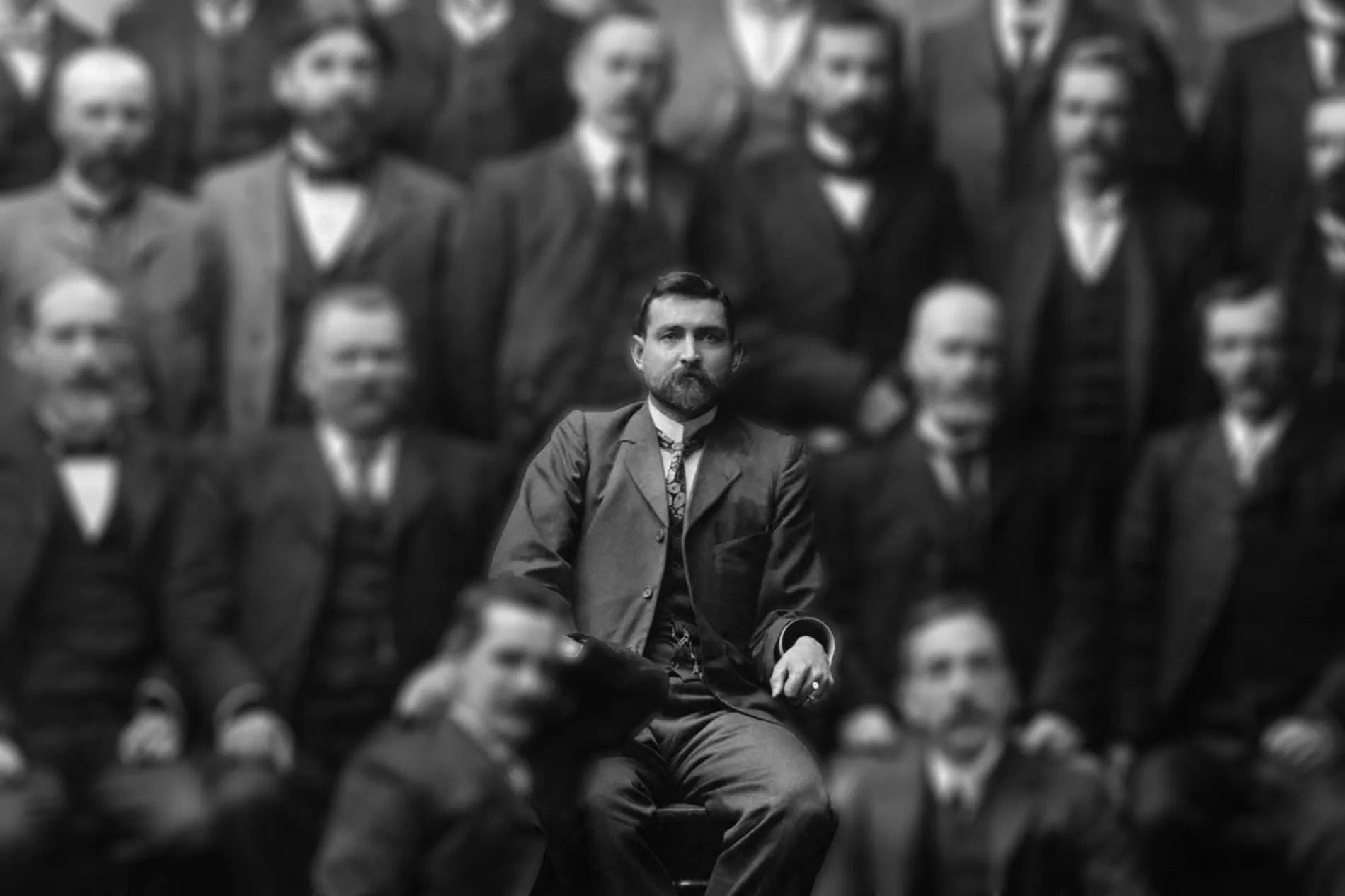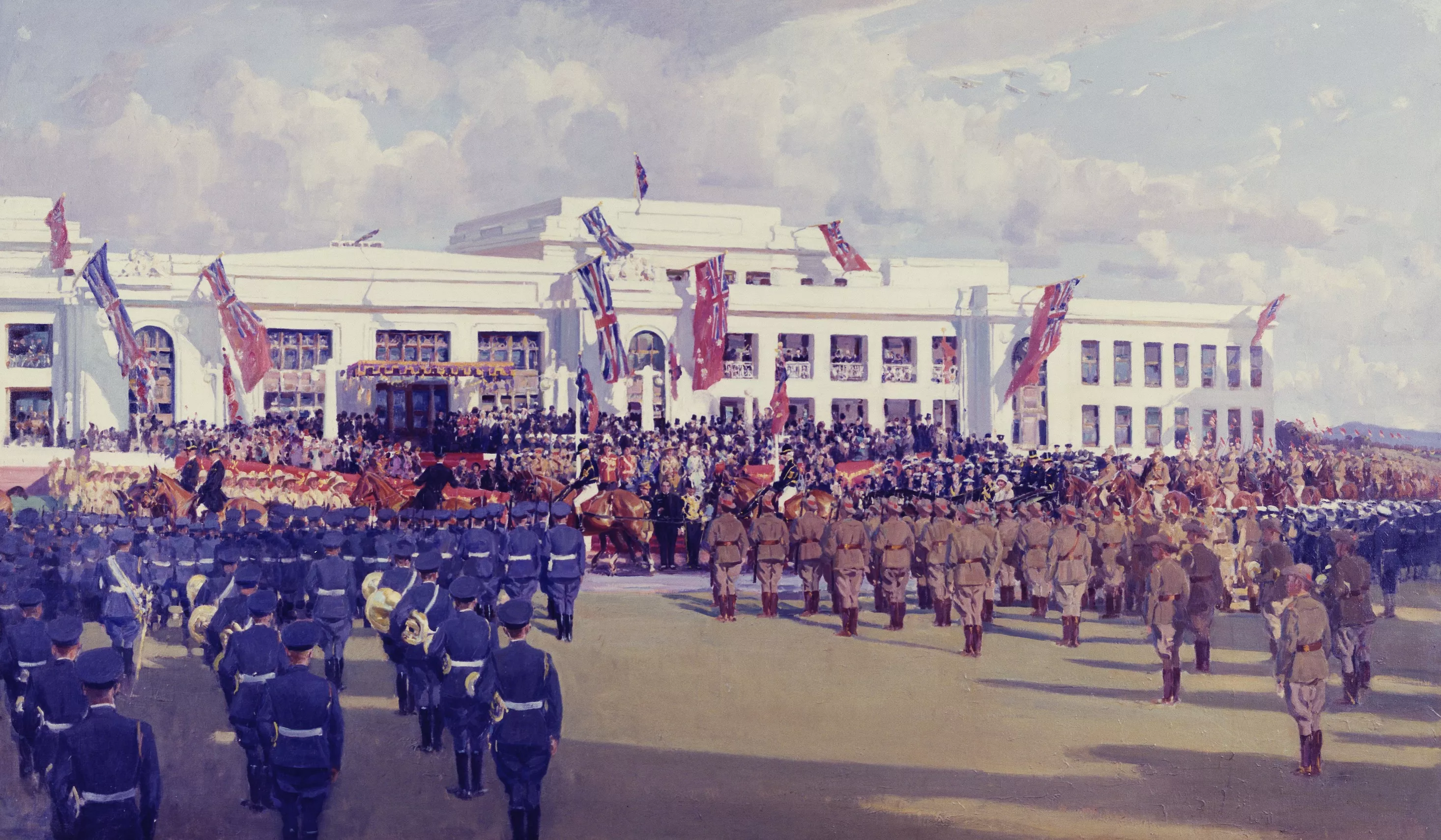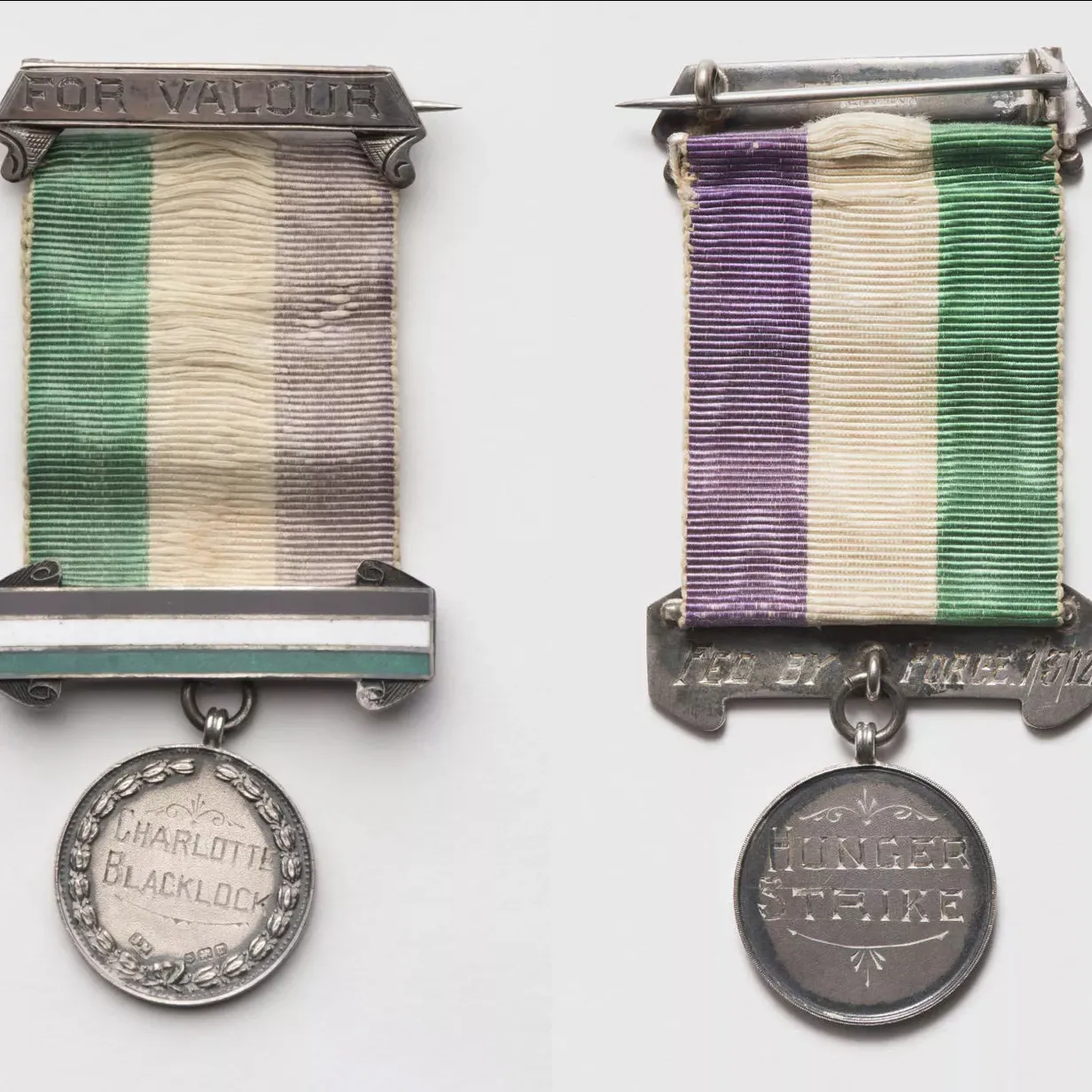The one that got away: the last time a government lost a vote in the House of Representatives
- DateFri, 02 Sep 2016
On 1 September 2016 the Coalition Government lost a vote on the floor of the House of Representatives.
Prior to this, the last time a majority Government lost a vote in the House was in 1962.
In 1962 the Parliament was finely-balanced. In the Lower House, elected the previous December, there were 62 Coalition members and 60 Labor (62 if this included the Members for the ACT and Northern Territory, who usually couldn’t vote). As a result, the majority was extremely precarious. The Speaker, Sir John McLeay, presided over a chamber with almost equal numbers and had to use his casting vote more than once.
Close to 11pm on 21 August 1962, there were slightly more Opposition MPs in the chamber than government, or at least within dashing distance. When the minister at the table, Allen Fairhall, moved that the house adjourn, the result was a negative, 55 votes to 54. Eddie Ward, the fiery, irrepressible Labor member for East Sydney, then leapt to his feet and launched into an attack on the Attorney-General, Sir Garfield Barwick. He alleged Barwick was refusing to answer questions, called Barwick a liar more than once, and then moved on to talk about wheat prices.
Ward could rant like nobody else could, and when his time expired at 11:15 or so in the evening, his colleague Jim Cope moved that he be granted additional time. A division was called, and the government whips flew into action. Two members who hadn’t been present for the first vote, Jeff Bate and Dudley Erwin were hurried into the chamber to vote down Cope’s motion, which was lost 56-55. Once that was over and done with, and Ward silenced, the adjournment could proceed, the government passed its own motion, and members could go to bed.
This was the last time a majority government lost a vote in the House proper. On two later occasions in 1962, the Menzies government lost votes in the Committee of the Whole, which was a large committee consisting of all members, sitting in the Chamber. The Committee of the Whole no longer exists, but at the time it was a way of resolving business under different rules (these days the Federation Chamber is used for a roughly similar purpose).
It’s important to note that in 1962, as with the vote last night, the loss by the government did not translate to a loss of confidence or an inability to govern. Both votes were on minor, procedural matters, and did not affect the political situation. Convention dictates that a government has to resign or call an election if it loses a no-confidence motion, but otherwise it keeps governing unless it chooses to dissolve the House or resign.
The Fraser government lost five procedural motions, and motions of no-confidence, in the House of Representatives on 11 November 1975. The Fraser government had just been appointed after the Dismissal of the Whitlam government, and lacked a majority in the Lower House. Even though it lost those motions, the House was dissolved, which rendered the point somewhat moot.

